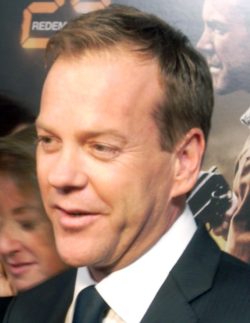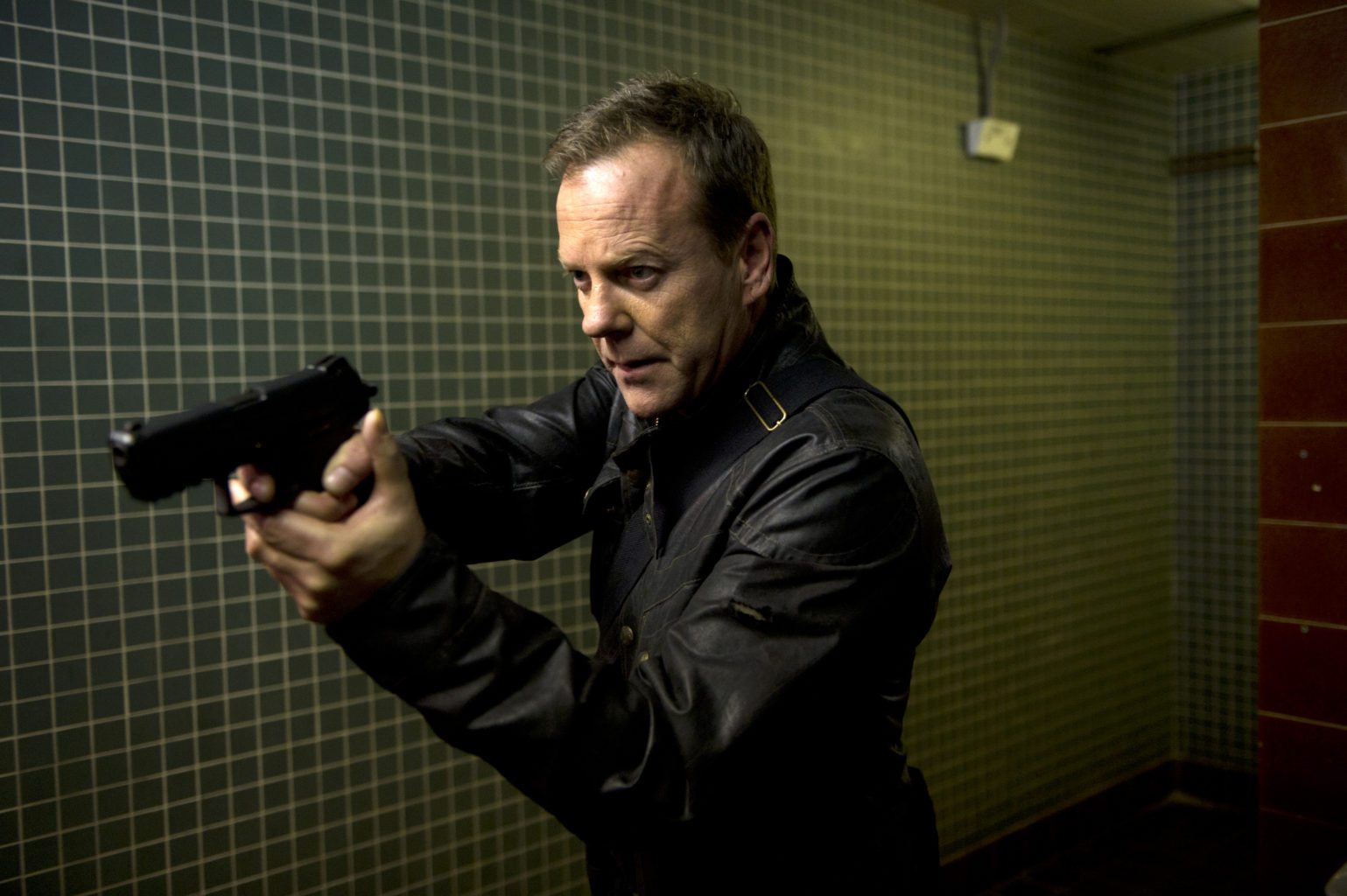Is 24’s portrayal of Muslims irresponsible?
Spy series 24 has returned to our screens in a new spin-off, Legacy. Although it lacks one-man murder machine Jack Bauer (Kiefer Sutherland), it is in many other ways much the same show. We’ve the ticking clock, the action, the political machinations and something far less savoury – the same accusations that the show is casting Muslims as terrorists. This criticism has taken greater weight due to the increased polarisation in the United States, but is it a fair one? Does 24 paint all Muslims in a negative light and, if so, does it have a moral responsibility not to?
24’s most nuanced look at Muslins came in its second season. A large plot strand was about a Muslim-American who was suspected of being a terrorist, with the revelation that his American fiancée was actually the villain. The holder of this prejudice was forced to confront it as the day progressed. We also saw the introduction of a Muslim intelligence agent, Yusuf Auda (Donnie Keshawarz), who helped Jack try to prevent a war with the Middle East before he was beaten to death by racist thugs.
Does 24 paint all Muslims in a negative light and, if so, does it have a moral responsibility not to?

Jack Bauer (Kiefer Sutherland) faced numerous enemies during the show’s run. Credit: Kristin Dos Santos, flickr
Criticism of 24 began in the fourth season, in which Muslims affiliated with a fictional terrorist group engaged in a plot to kill Americans. Although the series showed opposing situations, it was felt necessary to air a clip of Sutherland addressing concerns about the show’s presentation of Muslims. This anti-Muslim sentiment was then addressed in the sixth season, which saw a plot about the possible installation of Muslim detention camps. The racial witch-hunt around this decision saw the arrest of the Director of the Muslim-American Alliance, and the wrongful torture of main character and government agent Nadia Yassir (Marisol Nicols).
The show’s antagonists were a wide selection throughout the run – Russians, Europeans, Germans, even the US President – and it would be hard to claim that the show had it out for Muslims in particular. It did have some misfires, however. Season two was advertised with the slogan ‘they could be next door’ – a year after 9/11, this campaign was quickly shut down by the writers when they saw how incendiary it could have been.
Now, with Legacy, we’re seeing the same criticism. The show opens with Muslim terrorists murdering an American family, before leaving to coordinate an attack in the name of a Bin Laden proxy. There has been an outcry especially because the episode aired after the Super Bowl, guaranteeing it an audience of around 20 million people. It is argued that broadcasting such scenes serves to normalise anti-Muslim violence (a criticism also levied at shows like Homeland). However, the show’s creators have said that events later in the series will complicate our perception of characters (as in all previous series), and we also have plot strands involving a Muslim aide being scapegoated, and some white terrorist sleeper agents in a high school.
The show’s antagonists were a wide selection throughout the run – Russians, Europeans, Germans, even the US President – and it would be hard to claim that the show had it out for Muslims in particular.
It’s certainly true that the ‘all Muslims are terrorists’ is now old as the hills, overplayed and a bit reductive. 24 is always keen on subverting that cliché, though, and to reduce Legacy to one scene is also counter-productive. Drama is a useful tool for exploring the world around us, and these issues are important ones in present-day America – to not tackle difficult subjects because they could possibly be offensive would be doing a disservice to the viewing public. 24’s handling of these issues is far more complex than some of the critics paint it, and that the controversy means we’re talking about it can only be a good thing.

Comments